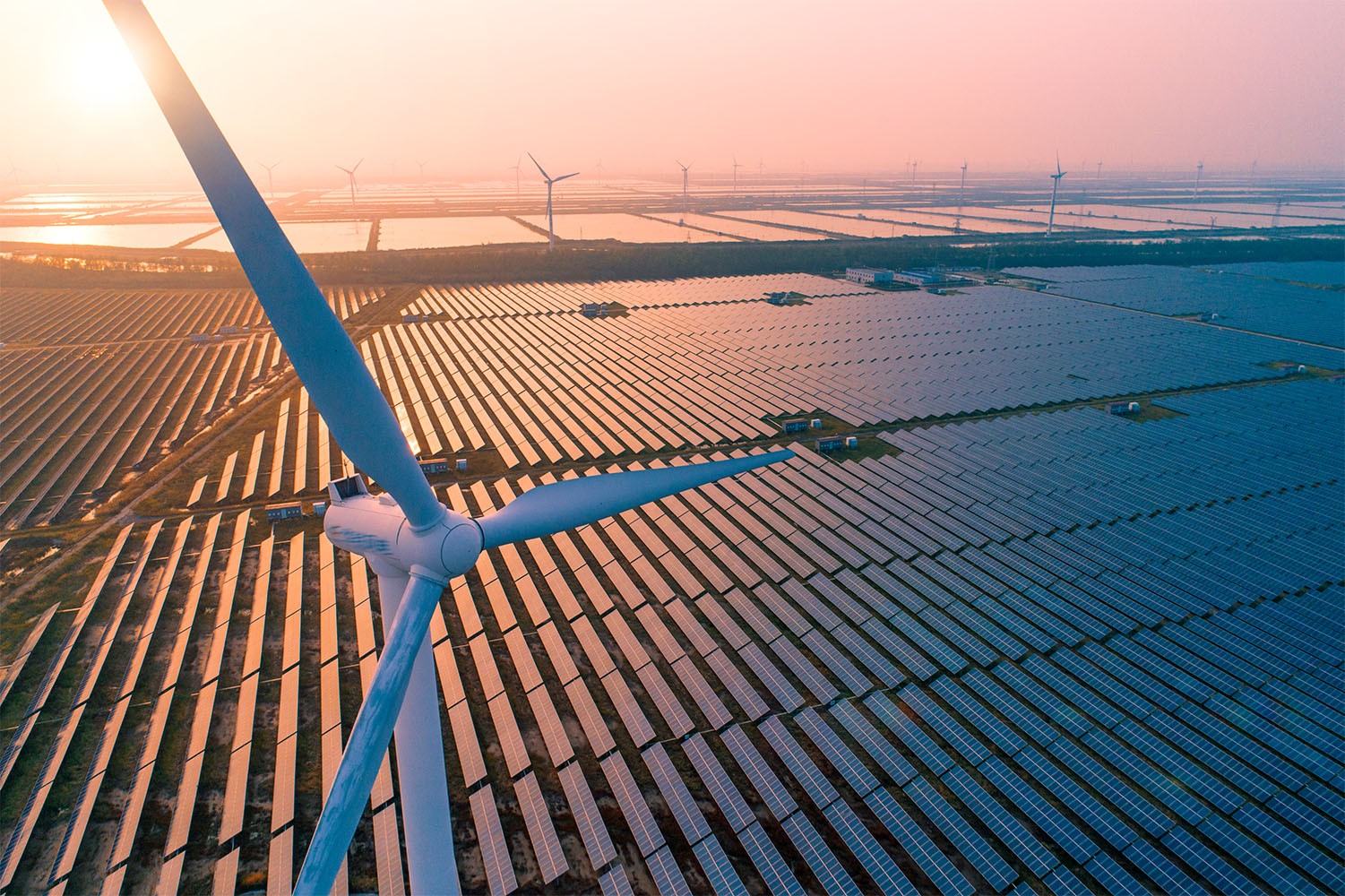The road to net zero: European opportunities for US investors and corporates
Published on 10th March 2021

Discussions on climate change policy are accelerating this year as countries prepare for COP26 which will be taking place in the United Kingdom in November 2021.
The next few months will see a whole series of concerted actions around the globe in the run up to the conference at which over 30,000 delegates are expected. This will be the most significant conference on climate change since COP21 in Paris in 2015, which led to the Paris Agreement – and which the US re-joined at the start of the Biden administration.
In this insight we look at what is driving the decarbonization transition in Europe and the opportunities for US investors and corporates looking to expand into those jurisdictions.
Drivers of decarbonization
In Europe, the need to achieve net zero carbon emissions is part of the mainstream. Indeed, in the UK and other European jurisdictions, net zero targets have been written into domestic law. Governments are therefore already focussed on policies that will deliver on their legally binding commitments. For example, the UK recently published its 10 point climate change plan and the EU is in the process of agreeing its European Green Deal.
As these policies move to implementation, we are seeing significant changes to the investment landscape.
Changes to the investment landscape
Some of the changes we've seen are regulatory in nature - for example, the UK has introduced mandatory corporate reporting in accordance with the Taskforce on Climate related Financial Disclosures and the EU has brought in mandatory reporting on sustainability for asset managers.
Some changes we've seen give a competitive edge to businesses who are further along the decarbonization journey. For example: sustainability linked loans where the loan is cheaper if the borrower achieves decarbonization targets, awards of public procurement contracts weighted towards bidders who can demonstrate social value such as fighting climate change, and carbon emissions trading systems that impact carbon-intensive industries.
Opportunities
The climate change consensus in Europe has provided a stable backdrop for investment in the transition to a net zero economy.
There are opportunities for those investors and corporates looking for new business models - whether that be new funding and investment opportunities (for example, in the financing of energy storage projects), new joint ventures (for example, to deliver renewable energy), new revenue streams and pricing models (for example, the "as-a-service" model for electric vehicle charging) or new technology and innovation (for example, sustainable materials and practices in the construction industry).
Many European governments are ready to provide capital to support the development of new technologies – for example the UK government has recently launched a £1bn Net Zero Innovation grant programme. These incubation programmes provide a steady pipeline of proven technology that private capital can back from a pre-/early-revenue stage.
Governments are also providing capital support for large projects – the European Investment Bank's area of focus is taking action to address the climate and environment emergency in the critical decade 2021-2030; the UK has recently launched a UK Infrastructure Bank with the specific core objective of helping to tackle climate change and meet the UK's net zero emissions target; both the UK and EU have announced green bond issuances.
We anticipate that as the decarbonization transition accelerates, businesses that have led the way will have the early mover advantage.
How can Osborne Clarke help?
Osborne Clarke has considerable expertise in all aspects of the decarbonization transition. Click here to register for updates, insights and invitations to events and webinars, or speak to you your usual Osborne Clarke contact to discuss how we can help your business.




